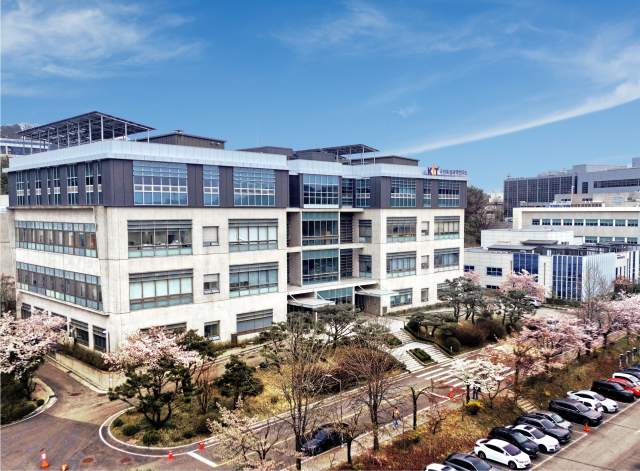Overcoming a competition rate of up to 20.6 to 1, ILAB and others emerge as representative K-BIO companies,

National Institute of Toxicological Research,
[Seoul Economy],
‘Based on innovative core technology and recognition of its potential in the global market, 14 companies have been selected as the new leaders in the “K-BIO” ultra-gap firms in the biopharmaceutical and materials sector for 2025.’,
‘The National Institute of Toxicological Research, the leading agency in the biopharmaceutical (new drugs and materials) field of the ultra-gap project, announced on the 16th that it had finalized the selection of 14 promising start-up companies as new support targets for the 2025 ultra-gap project and would begin the full project schedule.’,
‘The ultra-gap fields include system semiconductors, biopharmaceuticals, future transportation means (mobility), eco-friendly energy, robots, big data and artificial intelligence (AI), cyber security and networks, aerospace and marine, next-generation nuclear power, and quantum technology. The Ministry of SMEs and Startups has been promoting the “Ultra-Gap Startup 1000+ Project” since 2023 to select technology-based start-ups in these 10 ultra-gap fields and support their growth to a global level.’,
‘The 2025 support target recruitment, aimed at companies founded within the past 10 years, began in February and was conducted in the form of basic support and follow-up support through general recruitment and private/department recommendation tracks. In the new drugs and materials sector, it recorded a competition rate of up to 20.6 to 1, and the final selection process was recently concluded.’,
‘Selected companies, including ILAB, will receive up to 600 million won for three years for basic support, and up to 1 billion won for two years for follow-up support in commercialization funds. This includes priority and preferential support in technology development (R&D) funds linkage, policy funds, technology guarantees, and export vouchers.’,
‘Additionally, they can participate in specialized programs such as technology development advancement with technology commercialization, open innovation, and collaboration with large and mid-sized companies (open innovation), as well as investment attraction education and mentoring (investment attraction) run by the host institutions.’,
‘In the case of the National Institute of Toxicological Research, it plans to operate specialized programs to support proof for the acquisition of core technologies by participating companies in the biotech field, including initial toxicity and efficacy data acquisition, AI-driven drug development support, and global technology transfer.’,
‘Director Heo Jeong-doo of the National Institute of Toxicological Research stated, “Considering the scale of the project, the content of the support, and the participation of start-ups, the ultra-gap project has established itself as a truly representative start-up support program in Korea. I expect that the newly participating companies this year, which are representative players in K-BIO in terms of technology and growth potential, will produce global level results through the support project.”’,

